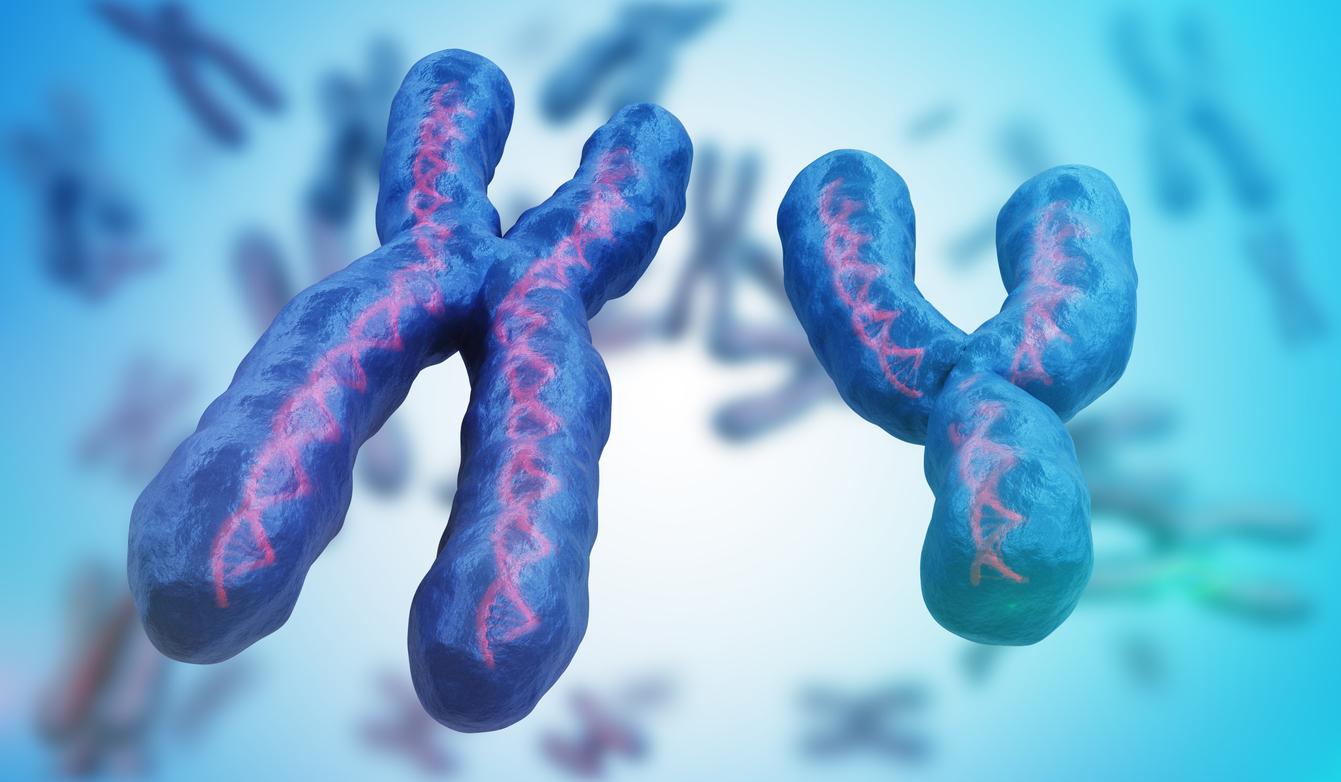An innate form of early communication and attachment with your toddler, “baby talk” would more effectively hold children’s attention. However, those with Autism Spectrum Disorders (ASD) would not be susceptible to it, which has long-term consequences for their development.

- Baby talk, or mother tongue, is an innate form of early communication used by parents in all cultures to talk to their newborn.
- Although toddlers are very sensitive to it, children with autism spectrum disorders often fail to respond to mother tongue.
- Children with ASD who are not very sensitive to maternal language are also those with the weakest social skills and the lowest attention to the maternal gaze.
“Teddy”, “papa”, “mom”, “dodo”, “doudou”, “doggie”… All parents use these simplified words to communicate with their newborn and with young children. This tendency to use short, easy-to-remember words is universal in all cultures and has one function: to stimulate bonding between parents and children.
An innate form of early communication
Many studies have shown that “baby talk” is an innate form of early communication, to which toddlers are particularly sensitive. This simplified language, called mother tongue, holds their attention more effectively. It is also an important element of the emotional bond and promotes learning experiences between the child and his parents.
However, infants with autism spectrum disorders (ASD) do not consistently respond to mother tongue. However, few studies have been conducted on this subject and to know the long-term consequences of this disaffection.
In a new study published in Nature Human Behavior, researchers from the University of California San Diego School of Medicine explain that they have identified the regions of the brain responsible for the child’s reaction to mother tongue. Their work, which combines state-of-the-art brain imaging, eye tracking and clinical tests, could provide insight into how the brain develops in autistic children with respect to objective information about social preference and social attention. .
“For the first time, we are seeing the possible impact on the brains of children with autism who fail to pay attention to social information”says Eric Courchesne, professor of neuroscience at the University of San Diego School of Medicine and lead author of the study.
Little interest of autistic children for “baby talk”
Researchers have hypothesized that infants and toddlers with ASD exhibit developmental disturbances in the innate neural mechanisms that respond to maternal language. To investigate the question, they ran a series of tests on 200 datasets from 71 toddlers and 41 datasets from 14 adults. They first used functional magnetic resonance imaging (fMRI) on sleeping children to measure brain activity in response to mother tongue and other forms of affective social discourse.
They then carried out clinical assessments of social and linguistic development.
Finally, they used eye-tracking technology to measure responses to women speaking this native language against non-vocal computer sounds and images.
Researchers found that infants and toddlers with ASD not only had the weakest neural responses to mother tongue, but those who responded little to that “baby talk” were also those with the most severe social symptoms. , the poorest language outcomes and the greatest impairment in behavioral preference and attention to mother tongue.
Conversely, typically developing infants and young children exhibited the strongest neural responses and affinity with baby talk.
Less activation of the superior temporal cortex
The researchers sought to find out which areas of the brain were involved in the processing of baby talk. They found that the superior temporal cortex responded weaker to maternal and emotional language in children with ASD, who also had the lowest social skills and the lowest attentiveness to maternal gaze. And, in contrast, typically developing children exhibited a strong superior temporal neural response to maternal and emotional speech.
“Our conclusion is that lack of behavioral attention to maternal speech in ASD involves impaired development of innate temporal cortical neural systems that would normally automatically respond to emotional parental speech”underlines Karen Pierce, co-author of the study.
A small number of toddlers with ASD also showed strong brain activation and an interest in maternal speech, which is encouraging, notes the researcher. “First, because it suggests that these particular autistic toddlers are likely to have good outcomes, a recently discovered large subset. And second, it suggests a new treatment pathway.”

.

















